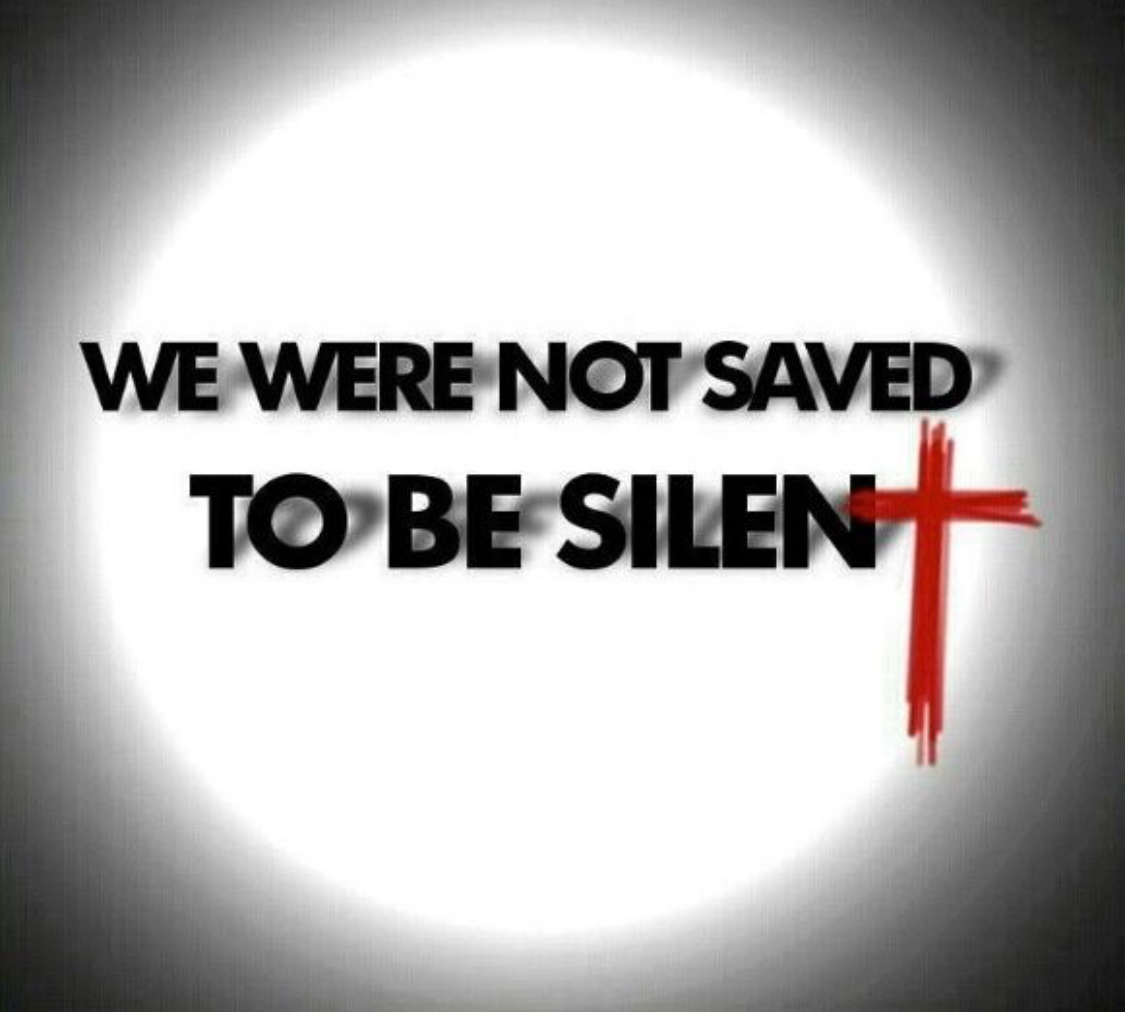
Dr. I. David Byrd. June 15, 2019
“There is a choice you have to make in everything you do. So keep in mind, that in the end, the choice you make, makes you.”
John Wooden
Dr. Travis Bradberry writes, “Regardless of the magnitude of the decision, our brains make it hard for us to keep the perspective we need to make good choices”.Problems in life come mostly as a result of bad choices. Look back and think deeply about a bad choice that seemed like the best choice at the time for whatever reason. The reason it seemed like the best choice was because of a lack of knowledge. At the beginning of June, we learned that Jesus provides wisdom and knowledge to those who love Him and keep His commandments. That’s reassuring because bad choices can dress themselves up as the best choices. Then they take you where you didn’t mean to go; cost more than you wanted to pay, and stay longer than you intended for them to stay. Therefore, it’s important that today we unpack this concept a little more so that you can tune out the distractions that give bad choices space in your life.
Every day we make a constant stream of decisions. Most are mundane, such as what to eat or in what order to tackle tasks. Others are more difficult, such as choosing between two job offers or whether to cut a toxic person out of your life. Then others, aren’t momentous in themselves, but can lead to tragedies: A person chooses to ride with a friend who has been drinking, resulting in a serious accident. Meeting a co-worker for drinks after work that leads to an affair. The young lady who decides to participate in shots at a party, resulting in her letting down her inhibitions. She ends up pregnant or with a venereal disease. Checkmate!

On our own, we don’t have the power to live Godly lives or make Godly decisions. We have to be willing to obey the wisdom God gives us and God’s wisdom comes to us through Scriptures. When making a decision in faith God provides an opportunity to stop us if we are wrong. He can close or open doors as He leads those who are willing to be led. No, “When God closes one door, He opens another” is not in the Bible, but be encouraged knowing that God is with you, no matter the position of the door of your situation. The Bible says,
“No temptation has overtaken you except what is common to mankind. And God is faithful; He will not let you be tempted beyond what you can bear. But when you are tempted, He will also provide a way out so that you can endure it.”(1 Corinthians 10:13)
He also expects spiritual brothers and sisters to be accountability partners. There’s no shame in getting help. We are the body of Christ. Building each other up is what we’re called to do. When you find yourself in a tight spot, share your situation with trusted friends who also believe in God’s power. But, choose your prayer partners carefully; the influence of friends is powerful enough to trump facts. The opinions of others really matter. The Bible provides examples of trusting friendships. God gave Daniel the wisdom to interpret the dreams of King Nebuchadnezzar. A wrong interpretation would have led to death. When God granted Daniel the wisdom to interpret the king’s dream, it launched Daniel’s long career as a political leader, trusted advisor, and well-known prophet. However, he first prayed with his friends. He prayed with them that God’s will be done through the decision made. Prayer was more effective than panic. Panic confirms your hopelessness; prayer confirms your hope in God.
On the other hand, Lot ignored his uncle Abram (not yet Abraham) and chooses to settle in Sodom. The Bible says in Genesis 13:8, “Please let there be no strife between you and me, . . . because we are brothers”. Nevertheless, Lot did what Lot wanted to do. He never considered the spiritual implications of moving his family to Sodom. The pull of the world looked too good to him. Ultimately, he lost everything and ended up living in a cave. He and his family paid the consequences for his bad decisions. (Remember the Butterfly Effect). See, no one is immune from the lure of the world’s choices, not even believers. Lot was a man of faith. 2 Peter 2:8 says, “Yes, Lot was a righteous man who was tormented in his soul by the wickedness he saw and heard day after day”. Be careful of letting your bad choices seem sexier than they really are. Choices can have eternal implications. Daniel exhibited faith, Lot exhibited self-interest.
Faith in Jesus Christ is based on trust in Jesus Christ. James 2:14-17 teaches that faith must be more than belief in certain facts; it must result in action, growth in Christian character, and the practice of moral discipline, or it will die away. A life of faith leads to a better knowledge of God, self-control, patient endurance and godliness. These actions do not come automatically; they require hard work. They are not optional; all of them are our responsibility and must be a continual part of our growth process. Matthew 6:33 teaches us to, “seek first the kingdom of God”.Seek the Lord and wait for Him until He gives you instructions. Many in the Bible made their decisions without first seeking God’s wisdom and experienced unfavorable outcomes. The scripture continues, “then all things will be added unto you”. Right outcomes are the result of God-centered decisions. The only way we can keep his Word is to grow in His knowledge. That’s why Peter prayed that they would, “Grow in the grace and knowledge of our Lord and Savior Jesus Christ.” (2 Peter 3:18)
When we ask in faith, God gives us the wisdom we need at that particular moment. We can confidently claim the promise, “If any of you lacks wisdom, let him ask God, who gives generously to all without reproach, and it will be given him.” (James 1:5). A doubtful mind is not completely convinced that God’s way is the best way; so the better you know Jesus the better you will be able to discern right from wrong. Even mature believers will have their faith challenged. We will always need to draw closer to him. Pray to make wise, God-centered, not self-centered decisions in difficult circumstances. Then match your persistence in prayer with gratitude when your requests are answered. God gives wisdom freely to all who ask.
Again I ask, who’s informing your decision-making process?
Dear Heavenly Father,
Lord, you are my strength and my shield; in You my heart trusts, and I am helped; my heart exults, and with my song I give You thanks. For I know that my decisions will turn out for my deliverance through your Holy Spirit and according to my earnest expectation and hope that in nothing I shall be ashamed, but with all boldness, so Christ will be magnified in my every decision.
In Jesus name we pray. Amen.
Would your connections benefit from this post?












